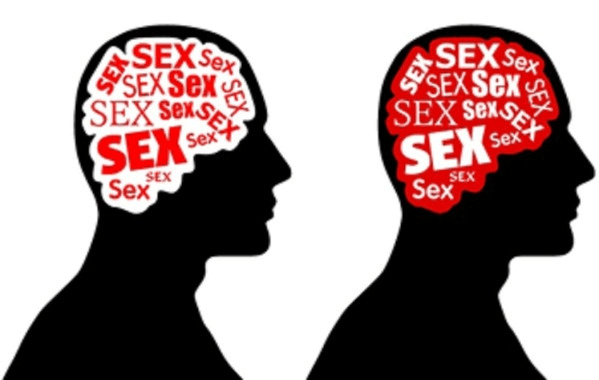Hypersexual Disorder
It’s no secret that almost all men love sex. I mean, not just “like it a bit” – but really L-O-V-E sex! Is there such thing as loving sex too much? Well the answer – as many stars and celebrities can tell you – is YES! Sex is great, but there are people who are so obsessed or addicted to sex as to ruin their lives due to this disorder.
When sex becomes such an obsession as to create havoc in your life is usually a condition described as Hypersexual Disorder.
Hypersexual disorder is characterized as a pattern of behavior involving intense preoccupation with sexual fantasies, urges, and behaviors, leading to adverse consequences and clinically significant distress or impairment in social, occupational, or other important areas of functioning.
When is a “high sex drive” a problem?
While some people mistakenly think that hypersexual disorders and sex addiction merely refers to an unusually high sex drive, it is much more complex than that. It is very similar to other addictions, which is evident upon closer examination of the various sex addiction signs.
Just as an alcoholic craves his next drink, thinks he can stop on his own but fails over and over, uses alcohol to ease emotional pain, stress, loneliness, and anxiety, and continues to drink despite the negative consequences, so it is with a sex addict. Like other addictions, sex addiction is also progressive. It often starts with a relatively harmless behavior such as excessive masturbation while watching porn. Over time, however, it typically leads to other types of sexual activity that may be very risky or blatantly dangerous.
For the sex addict, sexual activity provides an intense, intoxicating euphoria or “high” while lacking any genuine emotional connection, intimacy, or love. It’s a temporary escape. Once the high wears off, the vicious cycle starts all over again. For the addict, the activity is not fulfilling. It has a significant negative impact on his life and often causes a lot of shame and self-loathing.
Cognitive Behavioral Therapy and Hypersexual Disorder
A new study has found that cognitive behavioral therapy could be a useful way to treat hypersexual disorder.
People with hypersexual disorder have excessive thoughts of sex that can cause them to act impulsively and take sexual risks without thinking through the consequences of their actions. These thoughts and actions are often a response to stress, depression, or anxiety. (Note: Hypersexual disorder does not include paraphilias – sexual excitement from objects that aren’t typically considered arousing.)
Cognitive behavioral therapy is a type of talk psychotherapy that aims to help patients become more aware of their thinking and develop constructive ways to respond to challenging behavior. It is often used to treat patients with depression, anxiety, and substance abuse.
In the study, 10 men in Sweden (average age: 39 years) with hypersexual disorder participated in group cognitive behavioral therapy. They learned about impulse control, mindfulness, and stress management. Some men attended 7 sessions; the rest attended 10. All completed questionnaires about their progress.
Throughout the therapy period, the men reported fewer hypersexual symptoms and exhibited fewer “problematic sexual behaviors.” About 93% attended therapy regularly and many were satisfied with the treatment.
Because the sample size was small, the authors cautioned that their results were just preliminary. Future studies involving more people and a comparison group are needed before therapy can be recommended for hypersexual disorder. If you think you suffer from Hypersexual disorder, you should talk to your doctor or a therapist, as there is help to be had.
The study was published online in June in the Journal of Sexual Medicine.
Table of Contents


